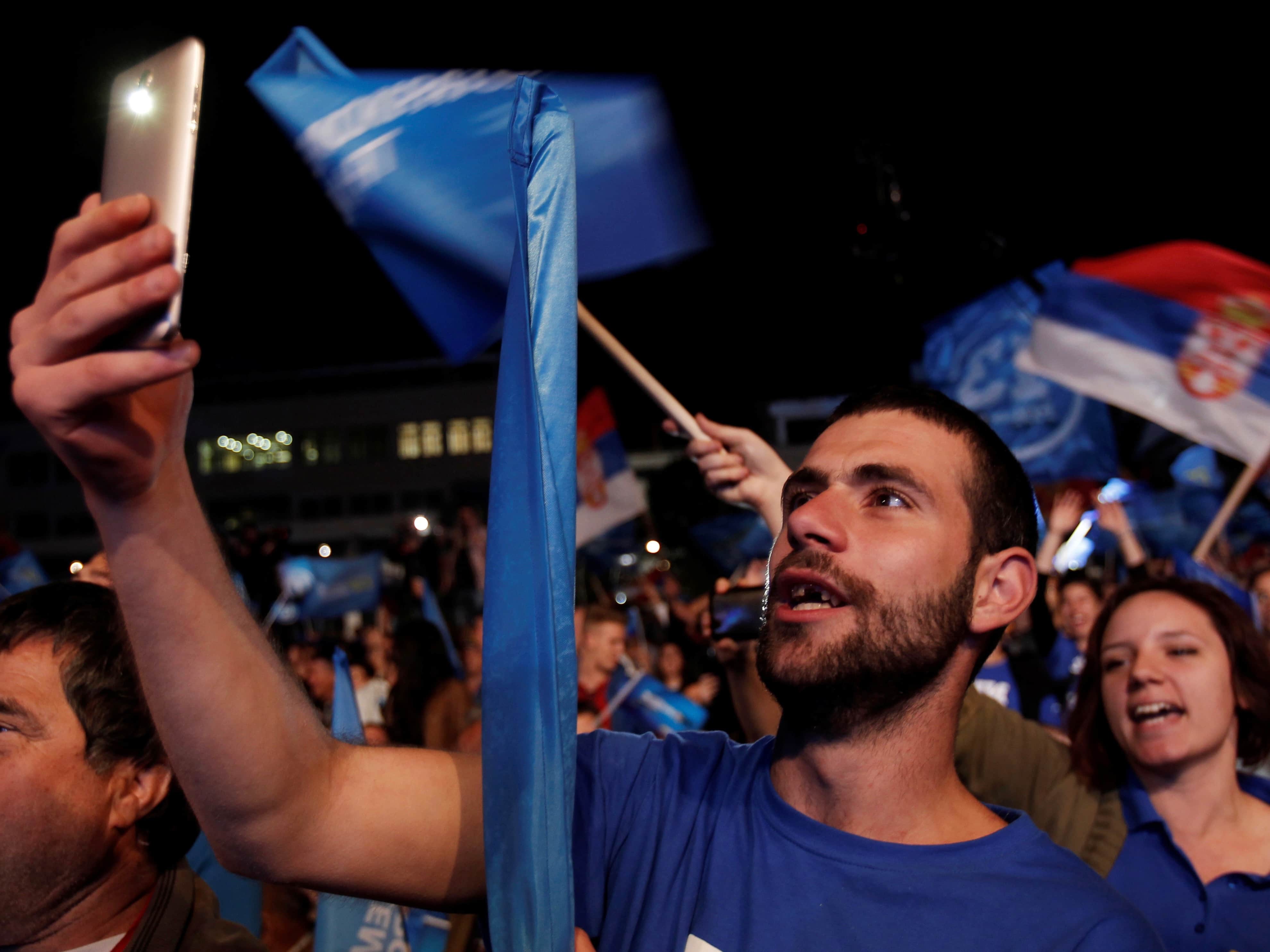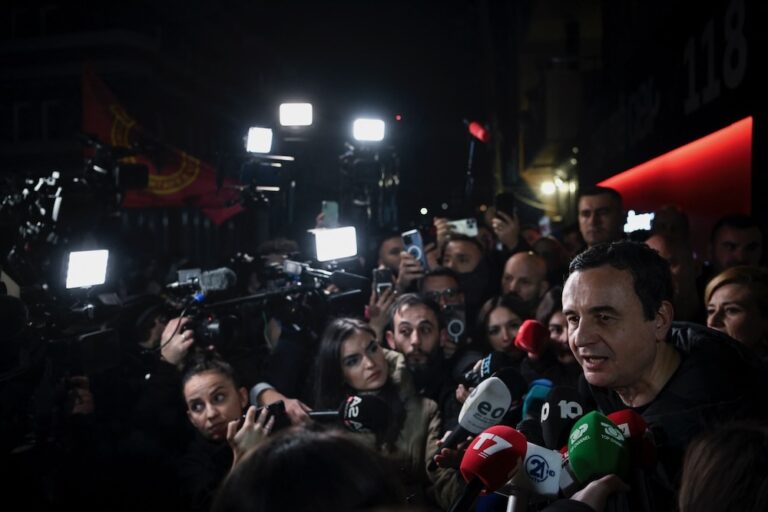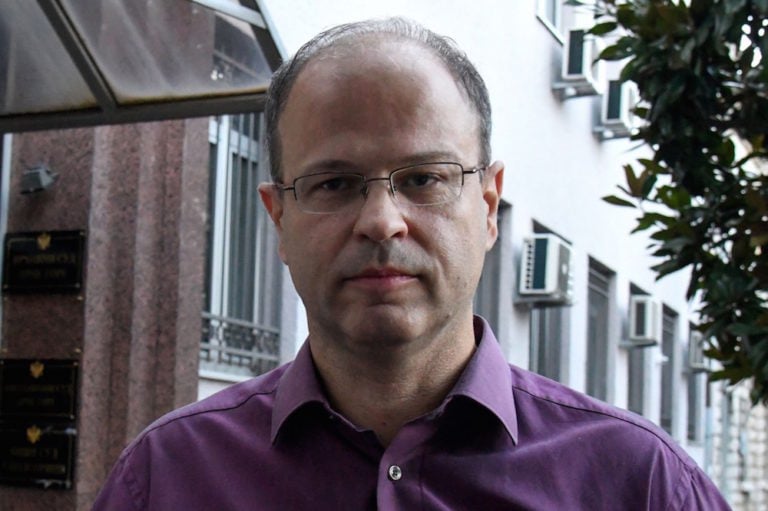In an attempt to justify the blocking, the authorities said the apps were being used to disseminate “undesirable publicity messages.”
This statement was originally published on rsf.org on 18 October 2016.
Reporters Without Borders (RSF) condemns the temporary shut-down of the WhatsApp and Viber messaging apps in Montenegro during parliamentary elections on 16 October.
A few hours before polling stations opened, the authorities announced that they had foiled a mysterious plot to oust Prime Minister Milo Djukanovic and had arrested 20 suspects in Podgorica. The police erected barricades outside parliament to prevent demonstrations.
Against this backdrop, suspending WhatsApp and Viber just exacerbated the election-day tension. In an attempt to justify the blocking, the authorities said the apps were being used to disseminate “undesirable publicity messages.” Under pressure from the opposition, they restored access a few hours later.
“Blocking applications of this kind in a democratic country on a national election day amounts to a violation of free speech and is liable to foster suspicion that the authorities are interfering in the electoral process,” said Pauline Adès-Mével, the head of RSF’s European Union-Balkans desk.
Montenegro is ranked 106th out of 180 countries in RSF’s 2016 World Press Freedom Index.



